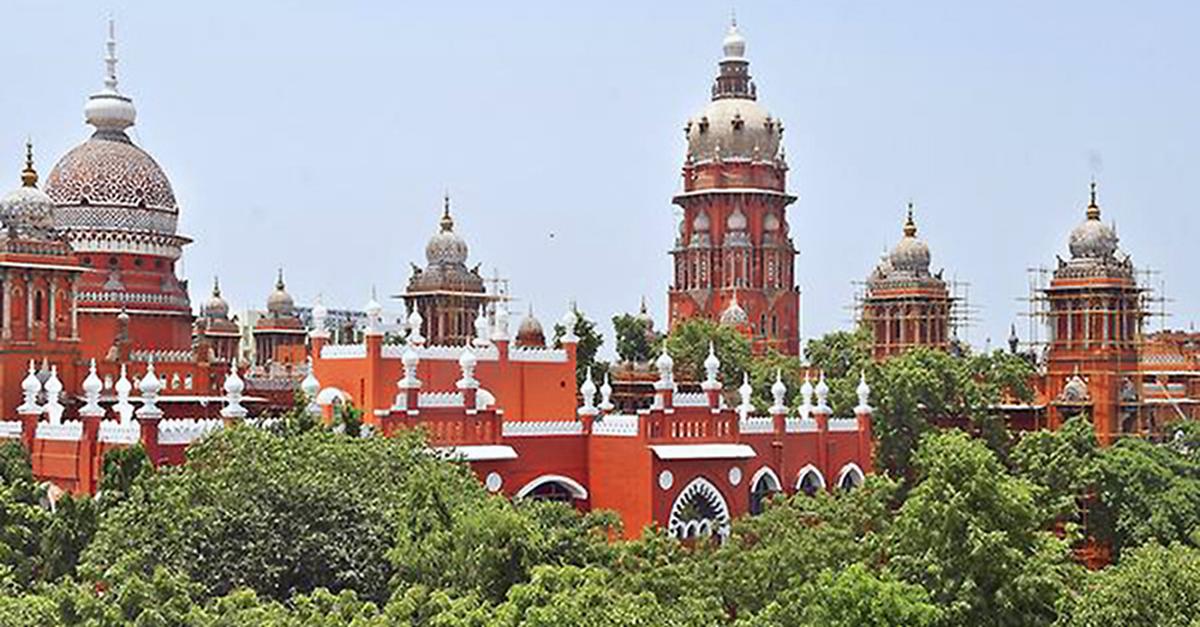
HC comes down hard on growing trend of levelling false allegations against police
The Hindu
Court says filed-level officers must be protected from wrong accusations since maintenance of law and order is undoubtedly a tough job and the police face many difficulties
Criticising the growing trend of levelling false allegations against police officers, the Madras High Court has imposed costs of ₹35,000 on the administrators of an illegal orphanage.
The court ordered that the costs be paid at the rate of ₹5,000 each to seven police personnel, against whom false charges were levelled.
Justice S.M. Subramaniam directed the writ petitioners, M. Kala and A. Muthukumar, to deposit the entire amount with the Greater Chennai Commissioner of Police within four weeks. Thereafter, the Commissioner must distribute the money to the six policemen and one policewoman who had been falsely accused of misuse of authority.
“The practice of filing writ petitions against the police officials unnecessarily without any substance is increasing in recent days. Whenever the police officials initiate action under law and by following the procedures, in order to escape from the clutches of law, the offenders are filing writ petitions against the police officials with false allegations,” the judge wrote.
He observed that the court would not tolerate such a practice. In the present case, the police personnel had initiated action against the illegal orphanage pursuant to a habeas corpus petition filed in the High Court with regard to a missing child. It was due to the prompt action of the police that the child was rescued and action was initiated against the orphanage.
However, the administrators of the orphanage had filed a writ petition in 2016, accusing the police of misusing their authority, and withdrew the case in 2017. Subsequently, they had filed the present writ petition in the same year, seeking disciplinary action against the police personnel, and the matter remained pending for the last five years.
In the meantime, a complaint of human rights violation was also filed before the State Human Rights Commission, but the allegation against the police personnel could not be established. Therefore, it was essential for the courts to protect lawful performance of duties by the police officials concerned, Justice Subramaniam said.













